The world looks far different today than what most people could have imagined just two months ago.
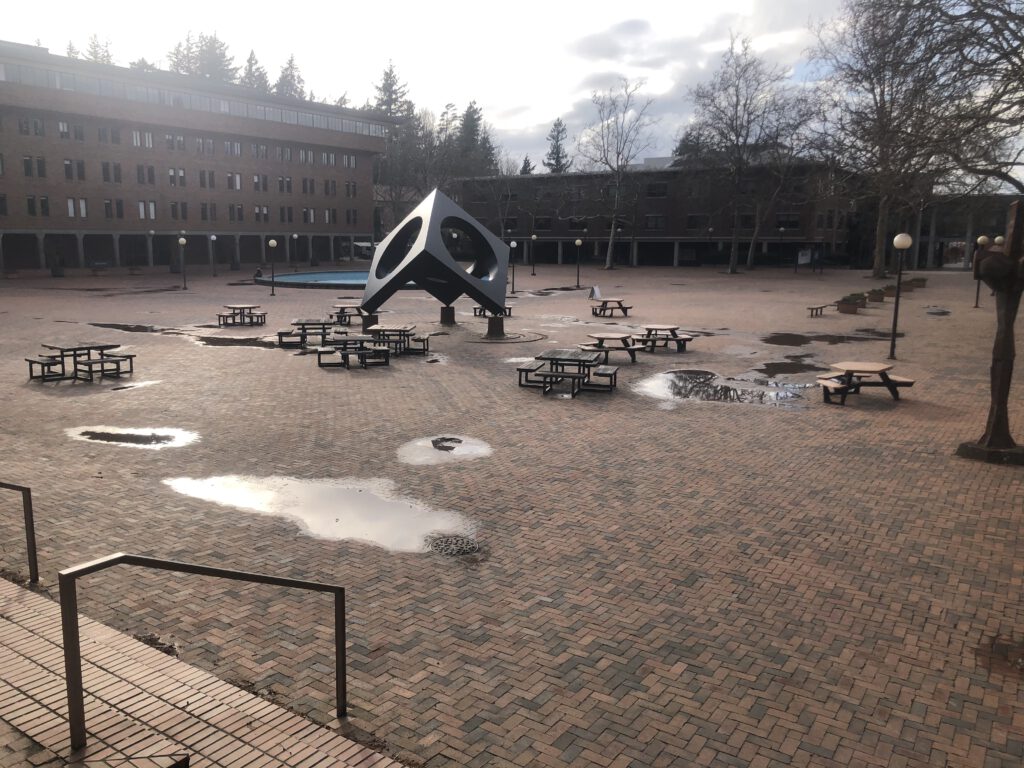
The spread of the pandemic, the extent of the lockdowns, and the enormity of the economic impacts are all immense. It is not hyperbole to say that everyone is affected. We are truly, undeniably, all in this together.
But how together will we be when we come out of it?
Will the pervasiveness of the coronavirus pandemic result in real change? Or will it simply represent a bump – a huge bump, to be sure, but a bump – that tweaks the world’s power and wealth into a revised form of injustice and dysfunction?
Innumerable people are impacted. Medical professionals struggle to help the sick without getting sick themselves. “Essential” workers toil in vulnerable roles, doing their jobs while risking their health. Many have lost loved ones to the virus or are themselves fighting the disease. And millions who aren’t working and lack financial security have little hope of their situation improving.
Will we allow all this hardship to be in vain?
That is the question that all of us who aren’t sick or struggling must address.
In her excellent nine-minute talk entitled Coronavirus Capitalism, Naomi Klein opens with this quote from the free market economist Milton Friedman:
Only a crisis – actual or perceived – produces real change. When that crisis occurs, the actions that are taken depend on the ideas that were lying around.
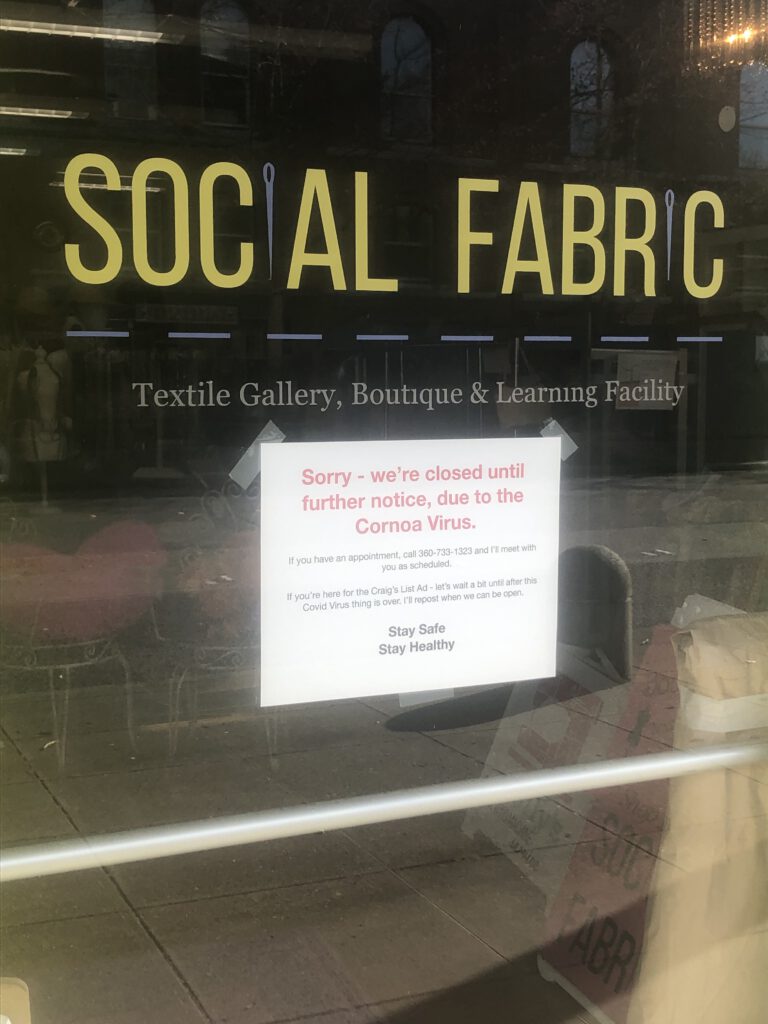
Power does not yield easily. The ideas pushed by the extremists who control our government are predictable: Rescue the largest corporations with tax holidays and bailouts. Relax or remove rules that protect people so as to “ease the regulatory burden” on huge businesses. Ensure that industries that contribute most to the climate crisis, which also contribute the most to far-right politicians, are bolstered.
It doesn’t have to be that way. We can work to ensure that, out of this vast upheaval, greater balance in economic, social political, and ecological systems results.
We need to change the ideas under which we are living. We need to rewrite our story. Now.
Already we know that extreme measures are possible when leaders are motivated. Things that would recently have seemed unthinkable, like closing schools and businesses and sending a check to all Americans, have suddenly become not only thinkable but actuality. What will it take to apply this kind of courageous thinking to decorporatizing our society?
We know what problems need to be addressed, some of us all too well. They include a lack of paid sick leave, which results in a rapid worsening of a disease that could have been better contained. And the economic imbalance that lets some comfortably sit idle while others must go to great lengths to feed their families. Add in the atrophy of manufacturing in the USA that has brought vulnerability to both supply chains and employment security. Don’t forget the extreme overemphasis on military-industrial spending relative to budgeting that meets human needs. Include the rapid unraveling of ecosystemic balance resulting from fossil fuel dominance. Complicate all this with a form of “leadership” built on telling lies to facilitate polarization and blame, instead of actual courageous leadership.
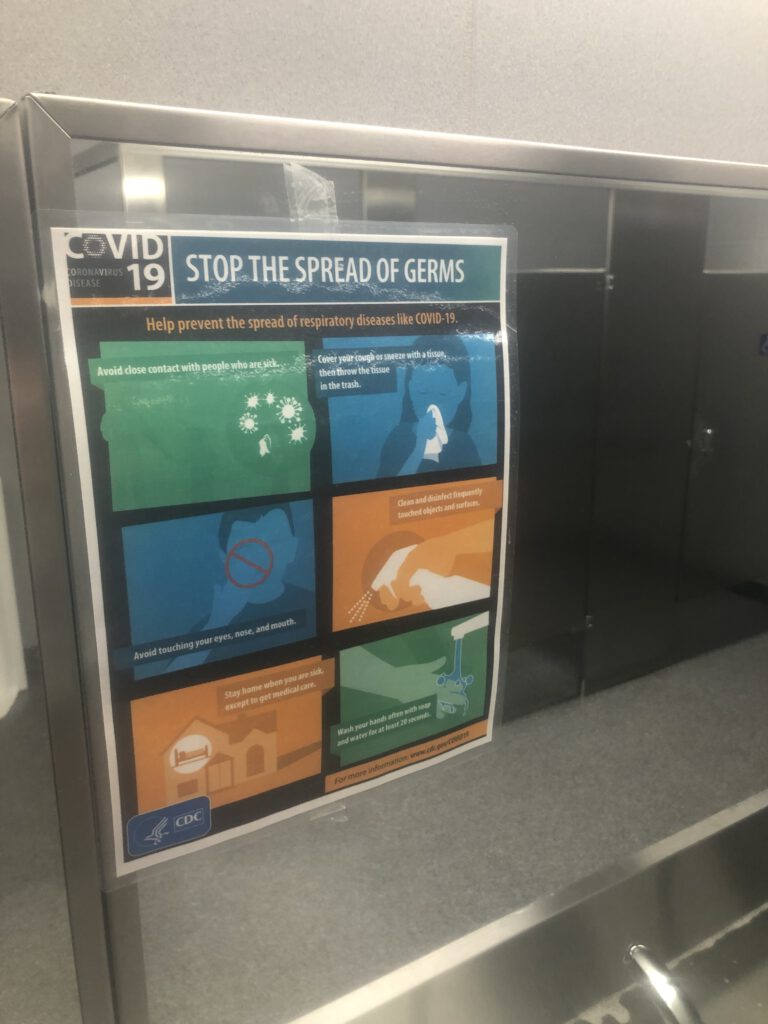
The pandemic shines a glaring light on these problems. They aren’t new, but their current obviousness is an opportunity to build a better society.
Fortunately, it only takes three weeks to establish a habit. We will be under the shadow of coronavirus for months, at the very least. Therefore – for those of us who aren’t struggling – this is a perfect time to rewrite our stories!
After describing how low oil prices could lead to a surge in demand, a recent New York Times piece entitled Coronavirus and Climate Change observed that, alternatively, “Governments could seize this moment to enact new climate policies. Low oil prices are often a good opportunity to remove subsidies on fossil fuels…since consumers are less likely to feel the impact.” This is just one example of where well-timed advocacy could result in lasting positive change.
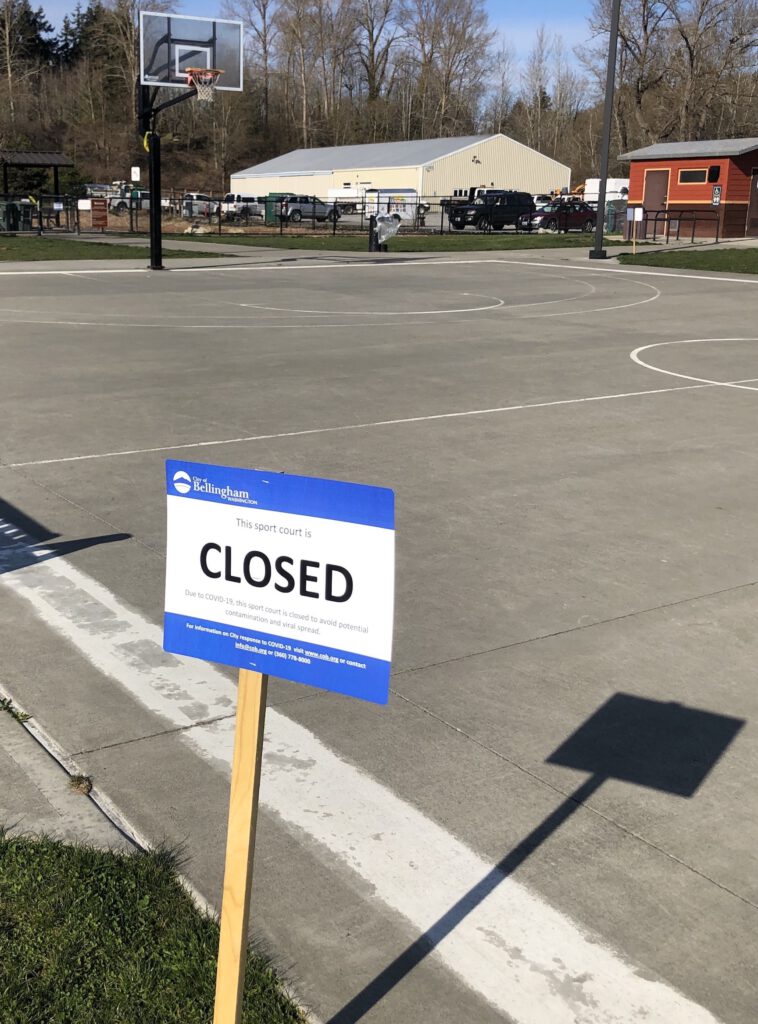
In my last post, I recalled the Committees of Correspondence of the 1700’s that gave rise to the nation we call the USA. That grassroots network of thinkers exchanging ideas slowly and surely generated a new polity that uprooted unjust colonial rule. The participants built common cause and strategized for collective action.
Following their example, we can ensure that more just systems emerge after this pandemic.
I propose forming a new network of correspondents that I hope you’ll join. My hope is to draw together a broad range of citizens to correspond, collaborate, and effect change.
In groping for a name for this endeavor, I took Susan Woodward’s advice and came up with the name Ahimsa. Ahimsa is a Sanskrit word that translates as doing no harm, compassion, or nonviolence. I propose that the Ahimsa project begin with these premises:
First, we recognize that our corporate-dominated economy and political system are profoundly detrimental to the health and welfare of society and to our fragile planet.
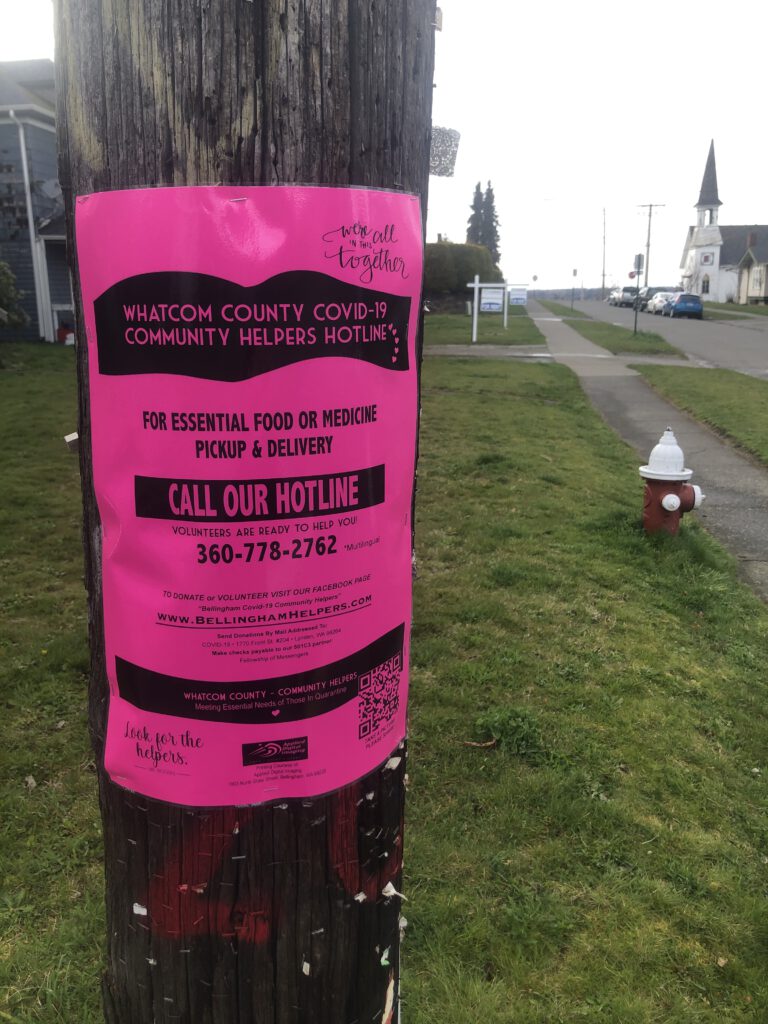
Next, we will network with each other, guided by the concept of Ahimsa. This means, for example, addressing and fixing the problems listed above.
Ahimsa is at odds with the agenda driven by corporations and corporate-controlled politicians. And it implies a collective approach at a time when too many people are looking out only for themselves. However, another world is possible if we empower individuals, care for each other, and rein in corporate power. Our exchange of ideas can be a starting point.
What might Ahimsa look like in practice? Here are some of my ideas. Would you be willing to do these things? Maybe you are doing a lot of them already! What are your ideas?
• Call or email at least one leader every day. Speak truth to power. Make your voice heard.
• Be a helper. Make life easier, as best you can, for those working hardest at this time.
• Share with others close to you what you’re doing and why. Invite them to join the effort.
• At least every few days, inspire at least one person to join this change process.
• Express gratitude. Create social value by celebrating those who are making a difference.
• Stay collaborative. Don’t let differences of tactics block the movement toward shared goals.
• Communicate regularly with other Ahimsa-aligned people about what you are doing.
This communication network can create a consensus — not just of ideas, but of action.
Further reflecting on the 18th Century Committees of Correspondence, there are striking parallels between what was needed then and what is needed now. Here are some lessons of the coronavirus lull — again, recognizing that many aren’t experiencing a lull. But those of us who are experiencing a lull need to advocate for everyone’s welfare during our idle time.
Lesson #1: Simple living that meets basic needs and avoids luxuries is lovely
Lesson #2: Self-reliance, gardening, and home repair reduce your vulnerability
Lesson #3: Reduced consumption overall and especially of energy and travel are not difficult
Lesson #4: More frequent reaching out to family and friends help focus on larger values
Lesson #5: More time spent being creative, staying fit, and recreating keep life rich
Lesson #6: Self-reflection helps ensure that you are living the life you wish to live
What would you add to this list?
And would you join in a correspondence around Ahimsa?
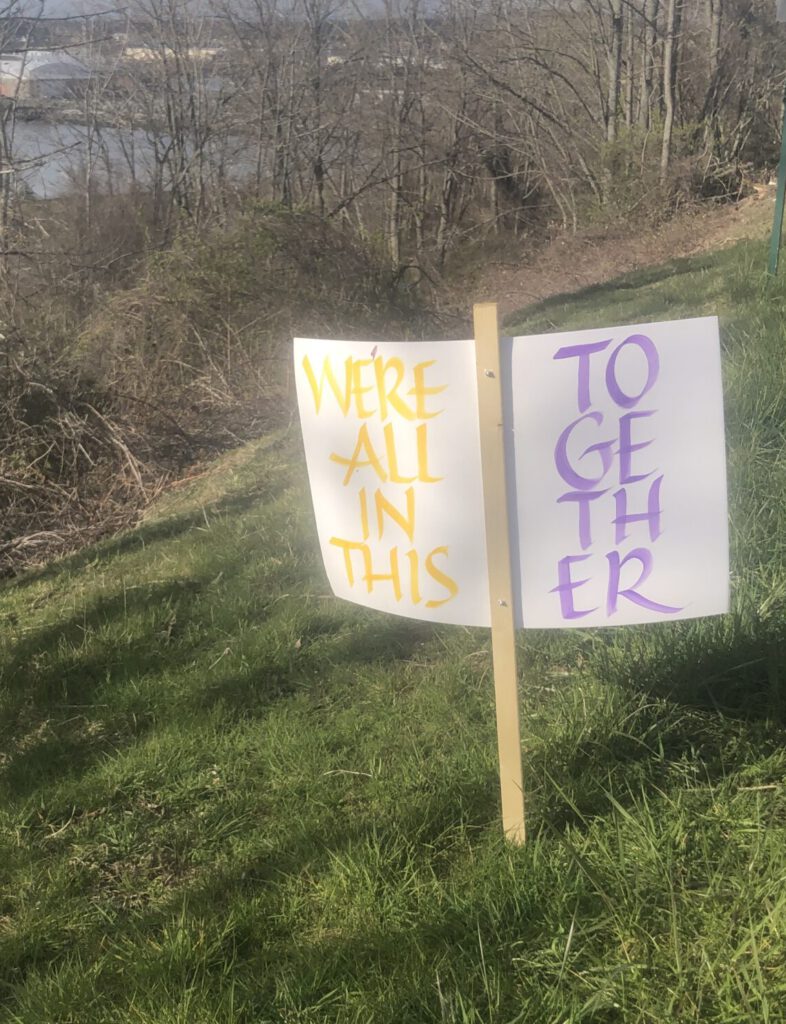
The Naomi Klein talk referenced earlier, Coronavirus Capitalism, ends with the same quote from Milton Friedman, but with one more line included:
Only a crisis – actual or perceived – produces real change. When that crisis occurs, the actions that are taken depend on the ideas that were lying around.
That, I believe, is our basic function: To develop alternatives to existing policies, to keep them alive and available until the politically impossible becomes the politically inevitable.
This is our work. Please join the dialog by commenting!
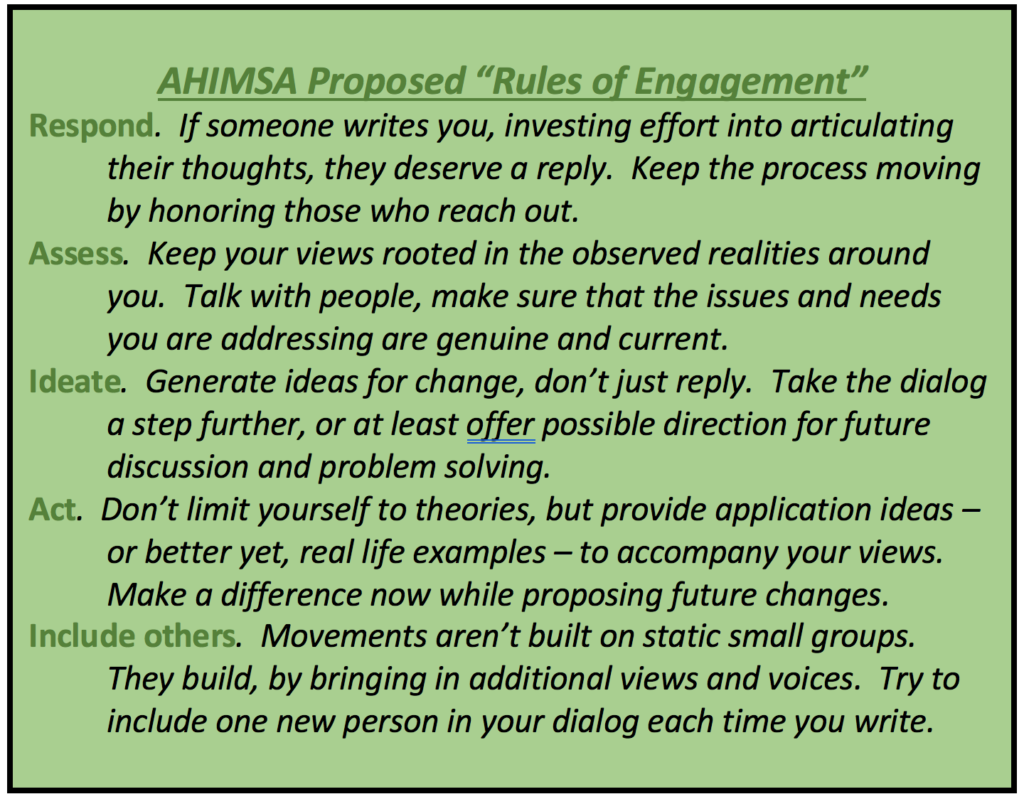

Hi Daniel
I read your piece. Very well written. Now, I will offer what I hope would be some quick, but constructive, thoughts.
One, many essays on similar themes are circulating. See, for example, https://charleseisenstein.org/essays/the-coronation/ and https://www.statnews.com/2020/04/03/americans-are-underestimating-how-long-coronavirus-disruptions-will-last-health-experts-say/ Most people are too busy to read them all. Might it not be better to share more of those already out there making it unnecessary for new ones to be composed. I am already experiencing negative feedback from my cirle comlaining that I am forwarding too much for them to read. Guess what happens when people get too much? They don’t read anything. I learned that years ago teaching law; the longer a reading assignment, the less likely students would read any of it!
Two, in my humble opinion, adopting a Sanskit word is not a good idea. The concept behind it is unobjectionable, but I am a believer in the K.I.S.S. rule; keep it simple. I have already forgotten that word. Yes, I could learn it, but like many others I am coping with so many issues, that learning a brand new Sanskrit term feels like an unnecessary burden. Another objection to such a term is that it comes to feel elitist and exclusionary; it leaves out everyone not familiar with the term. I don’t think that’s a good way to build community.
Having said that, I think your suggestions of specific kinds of actions we each can undertake are excellent and we should all try our hardest to be as active as possible.
Tom
Great thoughts, Tom. Thanks for your response.
The piece you referred to by Charles Eisenstein is brilliant. I highly recommend it to all. In my writing, I try to bring ideas forward in a highly accessible way, which hopefully will get Naomi Klein and Charles Eisenstein’s views — which are much more in-depth than my own — in front of more people. So I’m happy to share others’ ideas. But I haven’t seen anyone else call for a new broad dialog in quite the way I am.
And regarding the term “ahimsa,” you may be right that it comes off as elitist, unnecessarily complicated, or possibly exclusionary. I’m open to other ideas. Most important to me is to get the dialog going, which you have contributed to here and which I hope to draw many more people into.
Thanks again for adding to the conversation!
Hi Daniel,
This is a commendable initiative you’ve taken. I hope that you can rally those around you—especially those most immediate in your community!
I have been privileged to witness an enormous amount of community spirit and good will being expressed around us, with people persevering to tackle issues of affordable housing, food security and other economic challenges many people are faced with in the community.
I personally feel compelled to continue working in the best way I know how to speak on behalf of the many voiceless beings that surround us. At the same time I feel motivated to help support those around me who are focused on more social causes.
Hopefully I can find a middle-way of practicing ahimsa that embraces both the social and environmental, to help create more room for justice and equality in our community. In my small way, I like to think I can help to create an opportunity for those outside the ivory tower of science to feel included in biodiversity research. Is that a petty cause in the time of COVID?
The outpouring of community spirit and neighborliness is alive and well in my area also. It is heartwarming and inspirational.
Yes, let’s look for the middle-way. Address both social and environmental issues at once; there is no conflict between these two values.
The middle-way also takes into account the real risks and issues associated with the pandemic, without succumbing to a panic response that might justify a police state, the voter disenfranchisement, exacerbated racism, backtracking on women’s rights, etc.
I think the middle-way also balances reflection with action. We need to take advantage of this moment to bring about change. But we also need to care for ourselves and our families, and ground our activism in a sense of connectedness and hope.
Further, we all have our own gifts to bring forth. I think your work on citizen science and building awareness of biodiversity is vital, not peripheral, to the work we have before us. Taking bold action to address the climate crisis and working to address Indigenous rights are both in close alignment with the preservation of biodiversity. So let’s take the middle-way, guided by the principle of ahimsa, and work on biodiversity and also these larger social and ecological concerns.
Thanks again for sharing your perspective!
Hi Daniel,
Thanks for including me in your blog circle – this latest you have put together definitely provides a lot to think about. Here are my blink reactions – or, as a friend once told me, “the gift of feeedback”.
My first sense mirrors your first commentor – the name of proposed movement smacks of elitist. I know that was not intended, but there it is. I further agree that there are common thoughts out there – and that is great, that in fact is perhaps the idea- to get some coalescing and unity, and, hopefully, eventual action.
Thanks for including reference to Naomis piece during this Corona period. She mentions one great concept laying around – the Green New Deal. Rather than invent a brand new movement, my inclination right now is to lend support to the GND and other progressive concepts – that are currently lying around yet need additional effort to move ahead.
As was mentioned by the previous speaker, we risk “paralysis of analysis” if we introduce so many new initiatives (some or many with overlapping objectives) that the progressive space simply becomes saturated.
I see this Corona crisis – and the extreme shutdown of energy usage and economy while using technology increasingly and in new ways – as an opportunity for people to more deeply ponder human endeavors, especially as the crisis transitions toward even greater hardship and inequity across this beautiful planet. Going forward it seems an opportune time to take a big step back and consider how our society of humankind can maybe retool how we interact and do things to better utilize our collective gifts / talents. Maybe for this day, however, we can just be humble and be kind, and just be in this moment.
Thanks Daniel for your creative energy and, as usual, great spirit in pushing for the common good among all. I admire that you follow up on these notes, as you suggest in your blog, as every voice deserves to be heard.
Thanks, Andy, for sharing your thoughts. I have heard from several people who have counseled that new initiatives should not take away from worthy existing initiatives, and I fully agree. I would not want to detract from the excellent efforts being made toward the Green New Deal, establishing an actual health care system, and protecting voting rights from those actively working to dismantle them. My idea was rather to create an exchange mechanism for us to inspire each other — and hopefully some of the folks who are not currently active — toward more activism. We’ll see if that goal can be served. For now, many of us are at the very least exchanging ideas, and that seems wonderful. Thanks for being part of the exchange!
Hello! Found my way here and feel that Doughnut Economics may be of interest to all involved – both as a map of opportunities, framework for discussion and network of like minded folks.
If Green New Deal is the picture, this may be the frame. If anything else is the picture, this still may be the right frame…
I am headed into the classroom as a math teacher after 15 years in startups. The Doughnut is coming with me! I have an account over there and have started building my “toolbox” of stories, applications and other usable items that apply to my local use cases. There is even a zoom call coming up for folks in California (I missed the 1st with ~50 people).
Another group of interest may be the Pachamama Alliance. Less formal, more spiritual, definitely networked globally.